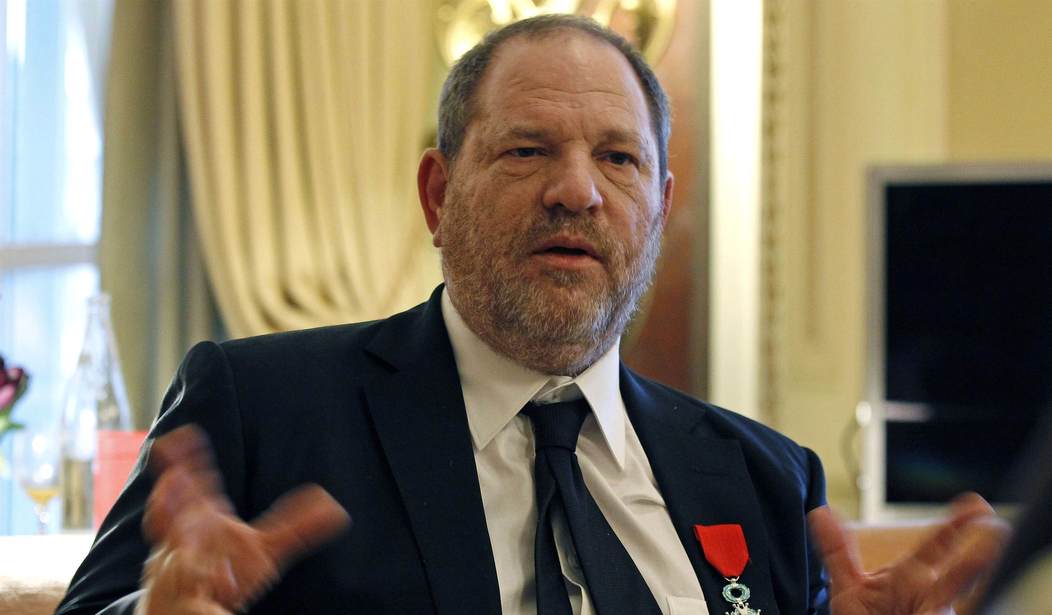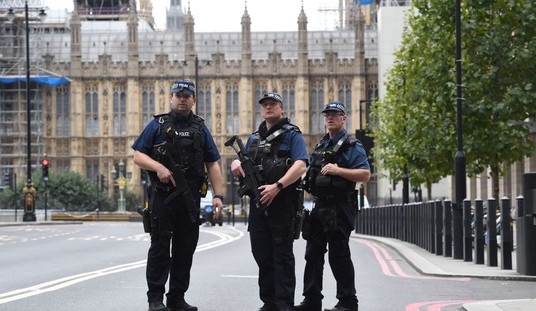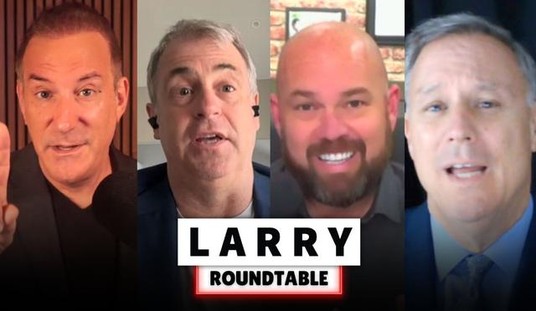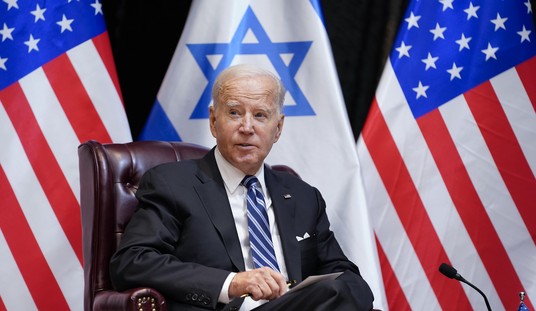"Awareness must be raised."
"A spotlight must be brought to this crucial issue."
"We must all think about our own culpability."
These tired nostrums are repeatedly deployed in our politics to explain why someone complains about a broad problem or tells a specific story of victimization without accompanying evidence that would allow us to act. Accusations of institutional racism rarely come along with specific allegations regarding specific police officers. If allegations and names were included, we could all look at the evidence and determine whether or not to call for consequences. Stories of sexual assault and harassment at work are often told without naming names. If those names were named, authorities could investigate; the media could begin collecting data; and we could do something about it.
But that would be useful. We don't want useful measures. We want to note how terrible things are generally.
Why?
What drives us to ignore the obvious fact that most Americans oppose specific evils and would side against those evils when presented with evidence of them occurring?
Perhaps it's our innate drive toward establishing a feeling of moral superiority. You don't get to feel morally superior when you name someone who acts in criminal fashion; you're just a witness, and witnesses are useful members of society, bettering society actively rather than criticizing it from the outside.
Or perhaps it's the burden that comes along with evidence. It's much easier to gain sympathy by telling a story about victimization without naming names -- a story nobody can contradict, since you're not getting specific. In fact, if you do get too specific about allegations of sexual assault, as actress Lena Dunham did, your allegations might be called into question. And if you do get too specific about allegations of police racism and brutality, as the Seattle Seahawks defensive end Michael Bennett did, your accusations might be debunked.
So, is it worthwhile to complain about generalized problems without providing specific instances upon which we can agree and against which we can fight? Only on a marginal level -- and in some ways, it's actually tremendously counterproductive. It may be useful to "raise awareness" among police officers about being careful in their procedures so as not to be accused of racism, for example. It may be useful to "raise awareness" among men in offices about being careful around female employees so as not to be accused of harassment. But it may also be counterproductive to rage against the system generally because it leads to false and widespread perceptions that all police officers are cursed with the original sin of racism, or that all men are cursed with "toxic masculinity."
Recommended
So, here's an idea: Let's all call out bad action when we see it and be as specific as possible about it. We can all agree on what a bad guy looks like; there isn't much debate about Harvey Weinstein. But if we continue to promote the importance of "raising awareness" rather than providing evidence, our groundless distrust for one another is bound to grow and metastasize.

























Join the conversation as a VIP Member